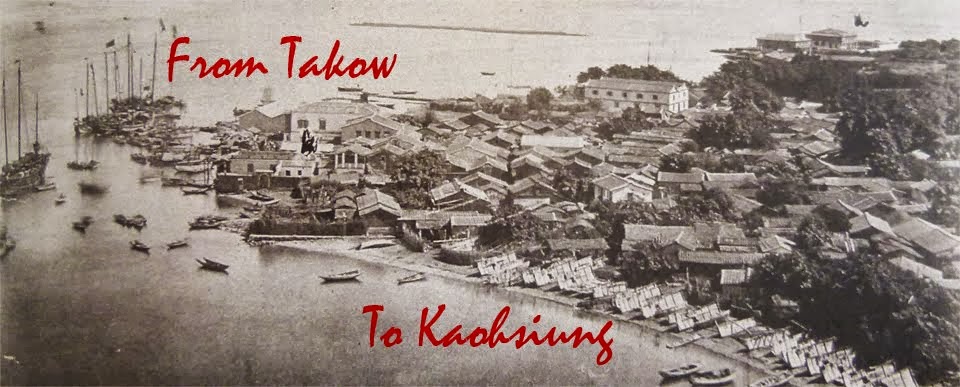subtitle
-- Working draft for upcoming book by Mark Caltonhill, author of "Private Prayers and Public Parades - Exploring the religious life of Taipei" and other works.
Tuesday 8 February 2022
Guanmiao (關廟) District, Tainan City
Guanmiao (關廟; lit. "Closed Temple") is what it "says on the label", well, that is, it is named after its historic temple dedicated to Guan Yu (關羽), the 3rd-century CE general later deified as Guan Gong (關公; "Duke Guan"), Guan Di (關帝; "Emperor Guan") &c., or most formally, Guan Shengdijun (關聖帝君; "Sacred Emperor-Ruler Guan").
These were originally Siraya (西拉雅) plains aborigines' lands "opened up for cultivation" as part of Xingang Community (新港社; lit. "New Harbor"), during the late-17th-century Zheng-family Tongming Kingdom by Han-Chinese immigrating up Xingang River (now Yanshui River 鹽水溪) from Anping, and intitally called it Xiangyang Community (香洋社; lit "Fragrant / Incense Ocean).
According to Taiwan place name reseracher Abe Akiyoshi, the temple possibly dates back as early as Koxinga's time, though this might be a slight exaggeration as he died just a few months after the Dutch surrendered to his forces.
Abe also tells of (the usual) conflict between Han-Chinese immigrants from Quanzhou (泉州) in Fujian and Zhangzhou (漳州) also in Fujian leading to the latter group moving about 1km north of the 舊社 (Mdn. Jiu-she; lit. "Old Community") during the Qing's Jiaqing reign period (嘉慶; 1796-1820), and building a Temple dedicated to Guandi (in his capacity as deity of warfare), from which the townhship (now district) got its name.
Guanyu is worshipped widely around Taiwan, most notably at Guaniao in Tainan and, for northerners, Xingtian Temple (行天宮, see Xingtian Temple MRT Station) in Taipei City. For more details about his life and after-death worship: see here.
Copyright Jiyue Publications 2022
Subscribe to:
Post Comments (Atom)

No comments:
Post a Comment